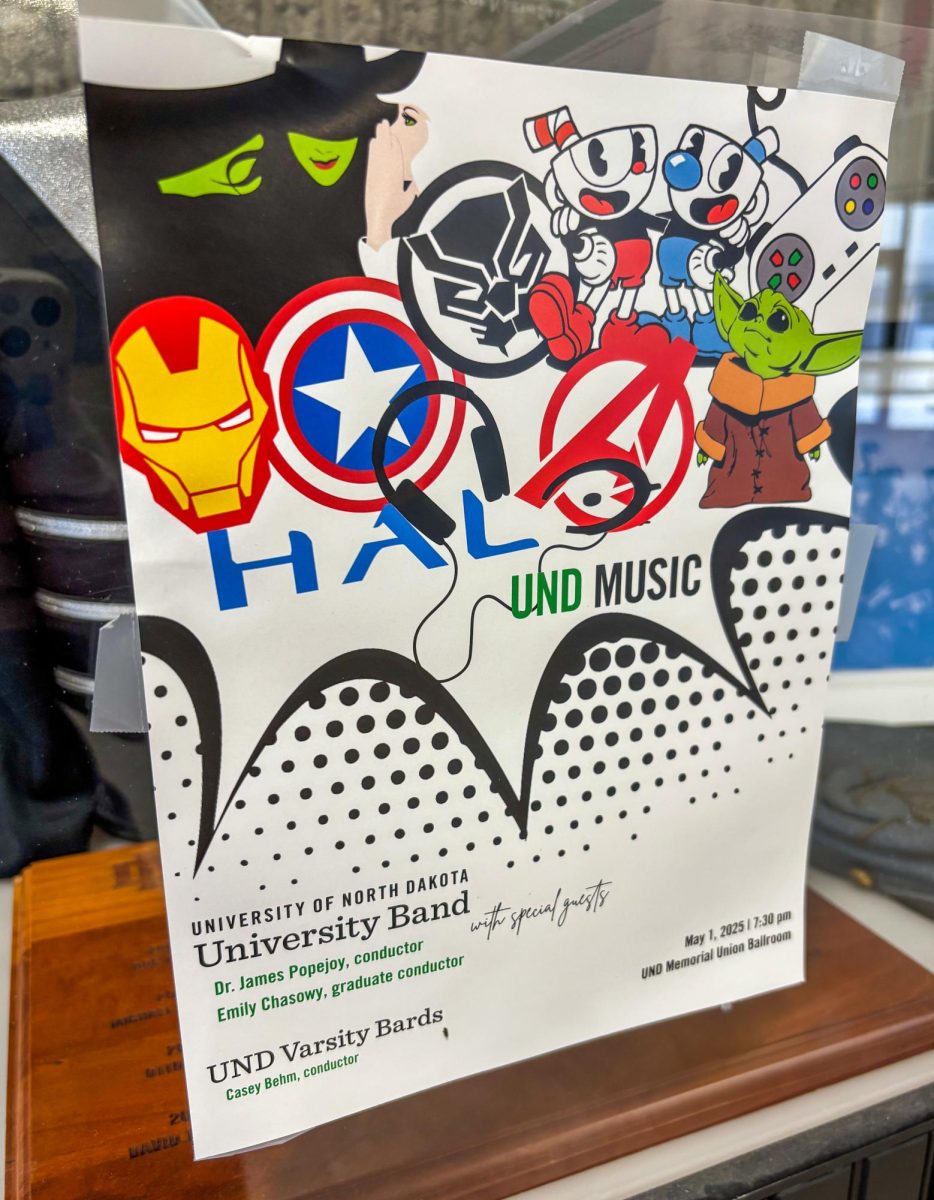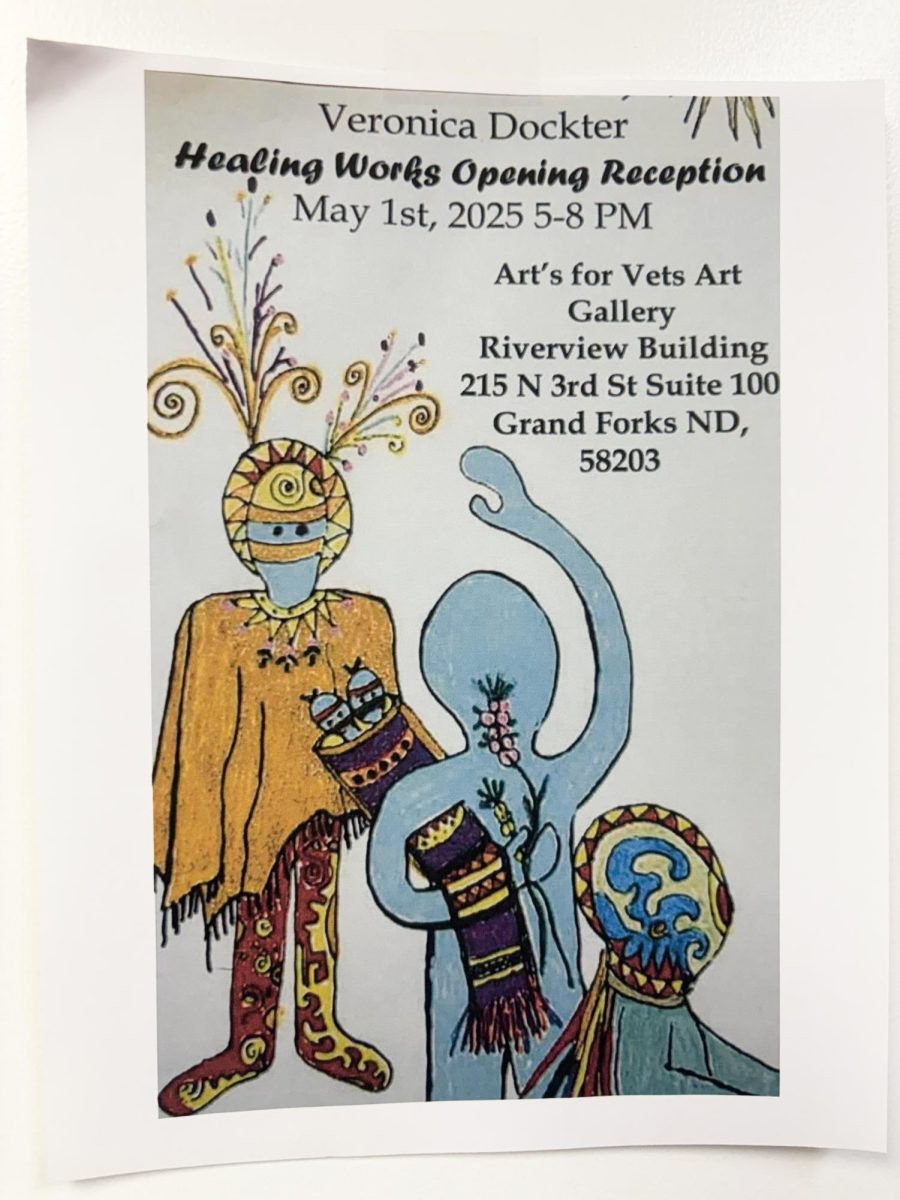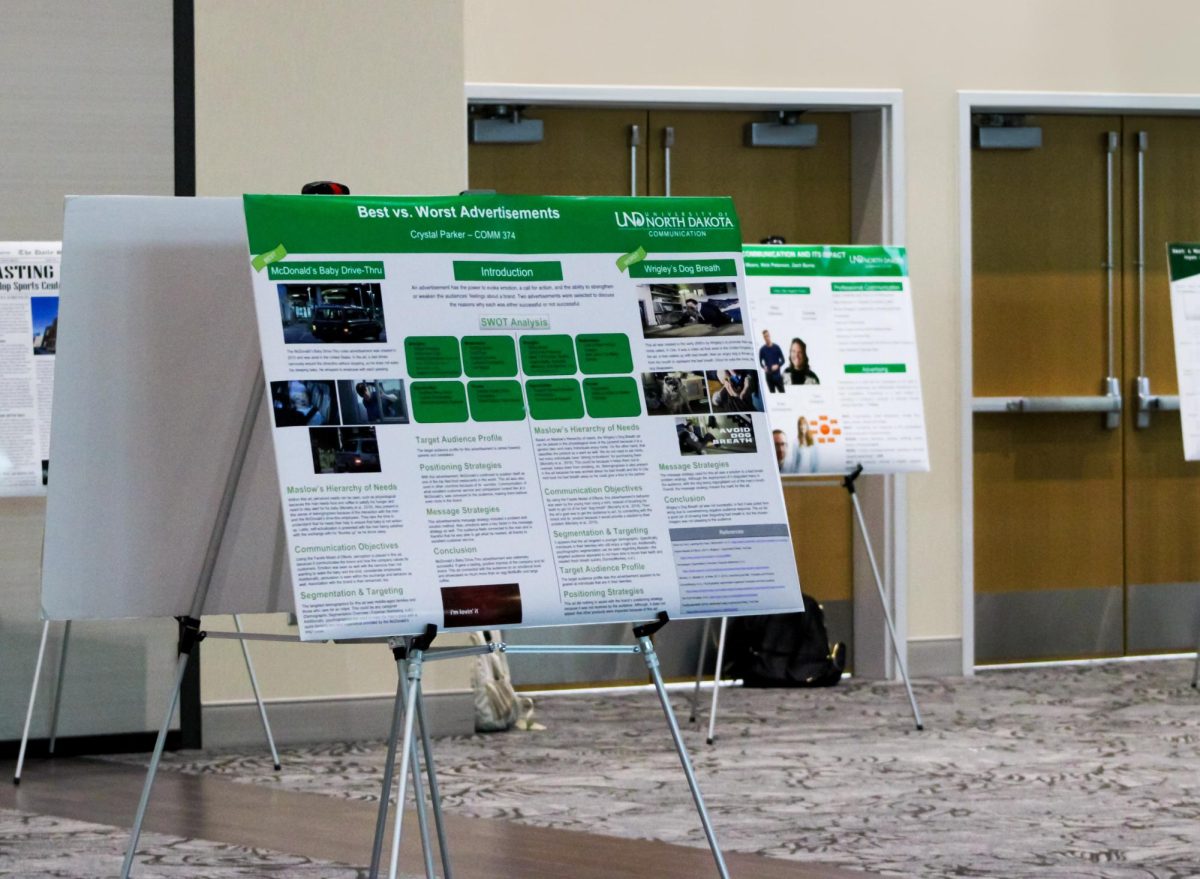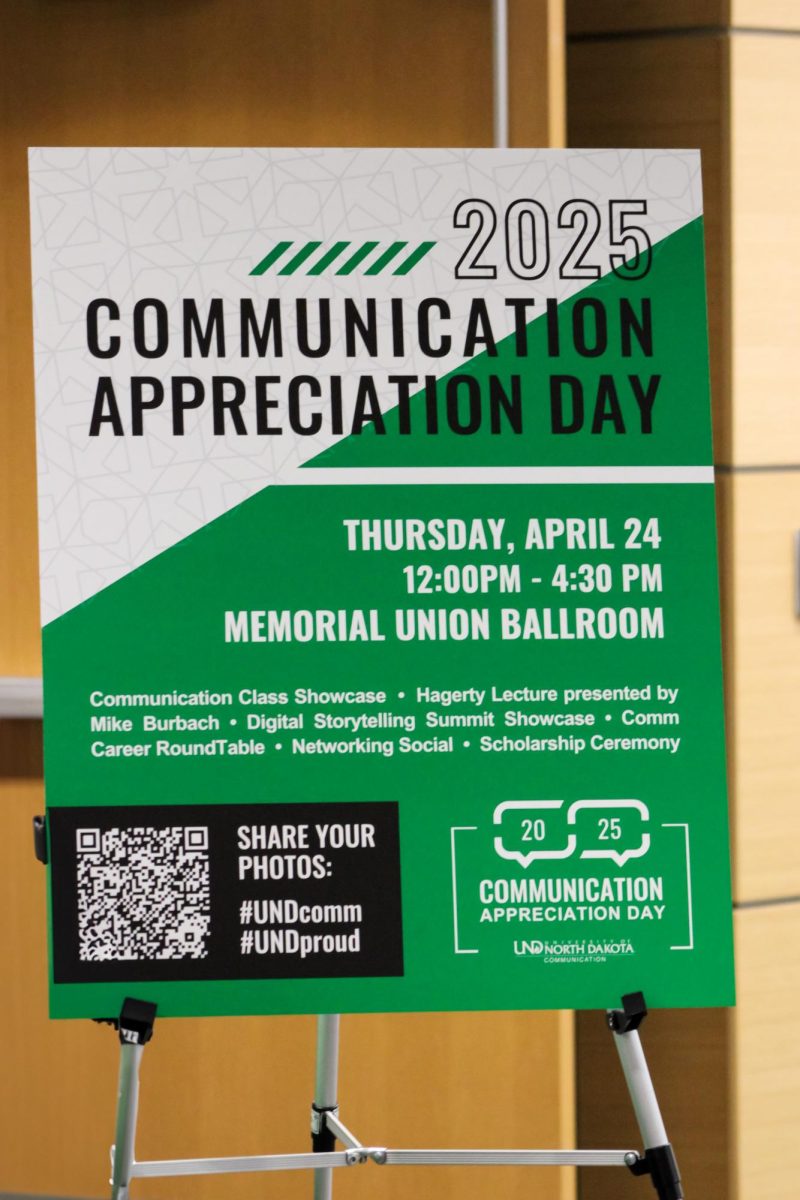When a student is first registering for classes, it can seem like a monumental task to decide on what they would like to pursue. Since this will determine the career path they choose, it is not something that should be taken lightly. There are plenty of opportunities as a student to switch majors, but when this process is undertaken there can be an overwhelming number of options. It is rather cut and dry to fill out the portion of the form for changing one’s major; deselecting the old major and selecting the new is something that can be figured out by most. However, when the part of the document asking for a minor or a certificate is reached it may seem more complicated especially if it isn’t known what those terms actually mean.
In practice a minor can usually be seen as a mini-major. Something that complements the primary point of study but may not go into as much detail as a major. These added options usually float around the 16 to 25 credit amount and can add anywhere from no extra time to two years onto your total amount of school. For some, a minor could fit perfectly into current coursework, allowing them to add an entire course of study to their transcript for potentially no added cost so long as they can handle the coursework. It should be noted that the added coursework does need to be considered as not every student will be able to handle the additional work, and it should only be taken on if the minor fits into the student’s plan and complements their chosen major.
If a minor does not fit into one’s schedule or is more work than the student wishes, there is always the option of adding a certificate. These are even smaller areas that still show up on a transcript but are less added coursework. They are typically between three to four courses and focus on a very narrow subject, typically something like a computer program or language that would take specialized study and focus to gain proficiency. Certificates can often follow coursework already assigned to a major so they can be a painless addition to a student’s portfolio and can help to make them an even more enticing hire for future employers.
In the end, any one of these added programs can be a spectacular addition to a student’s career but they do take some thought before adding. If a student does have any questions regarding adding a major, minor, or certificate, an academic advisor can assist with this whether it is checking requirements or helping to fill out the required forms.
Dylan Enerson is a Dakota Student General Reporter. He can be reached at dylan.enerson@und.edu.








